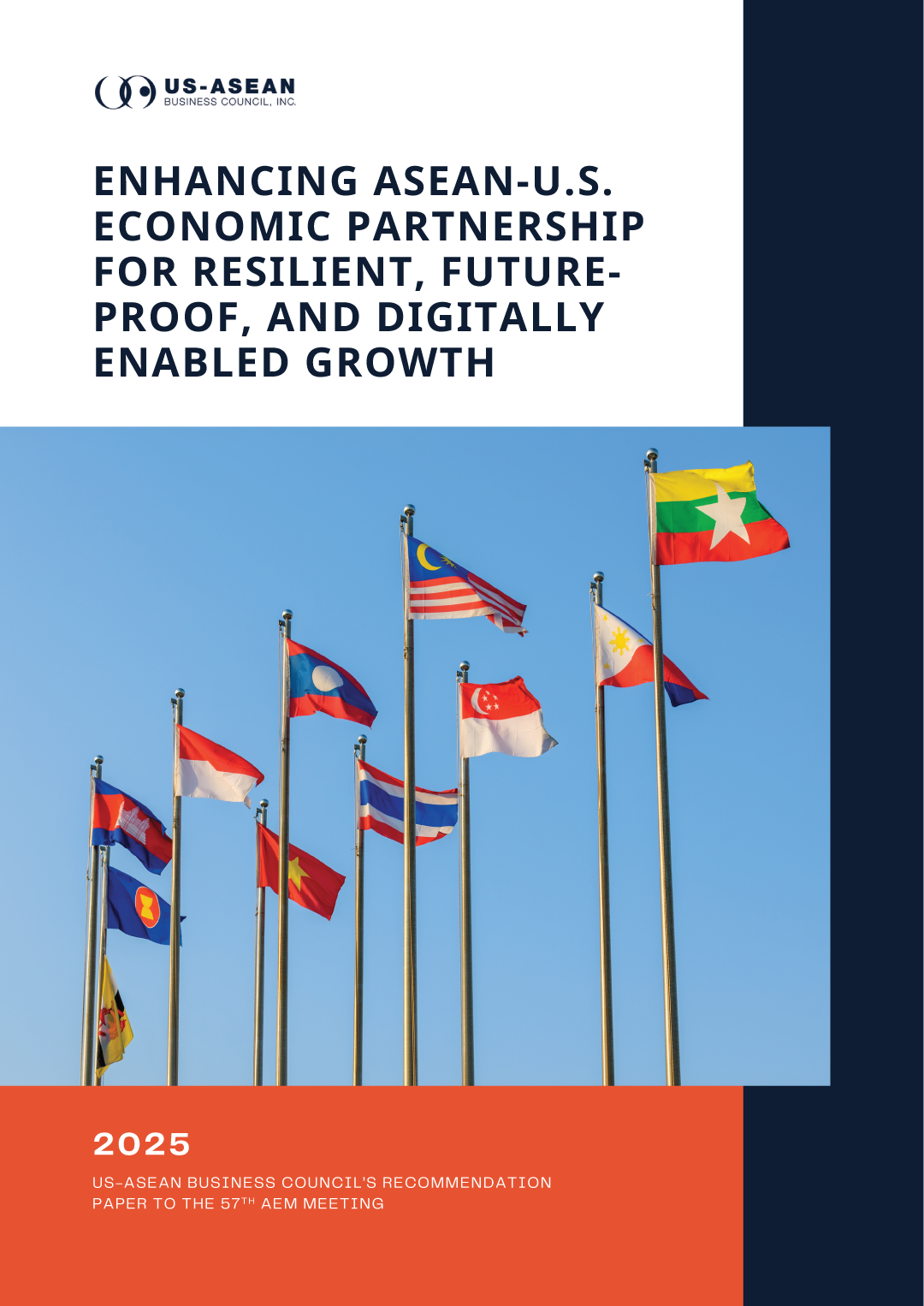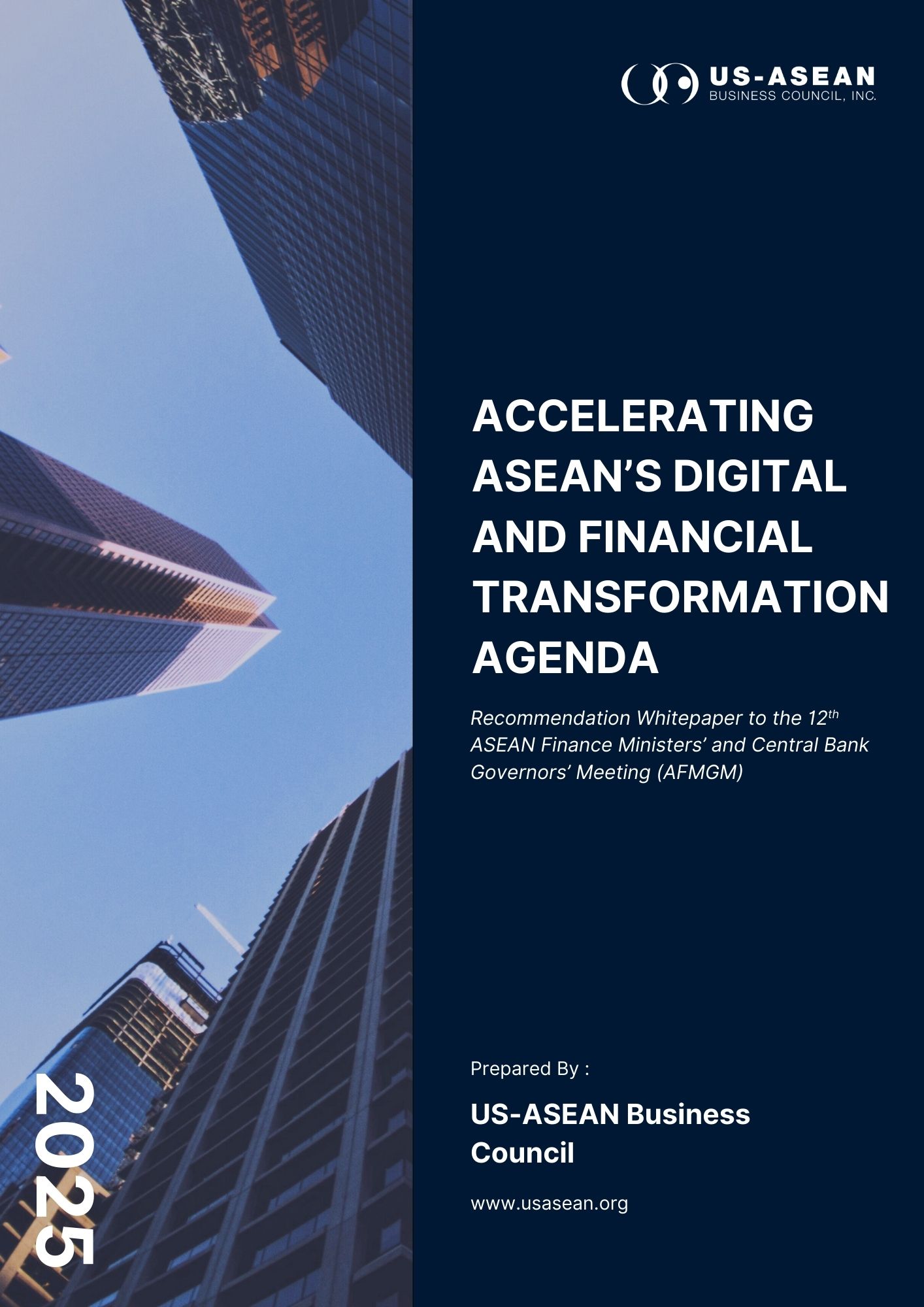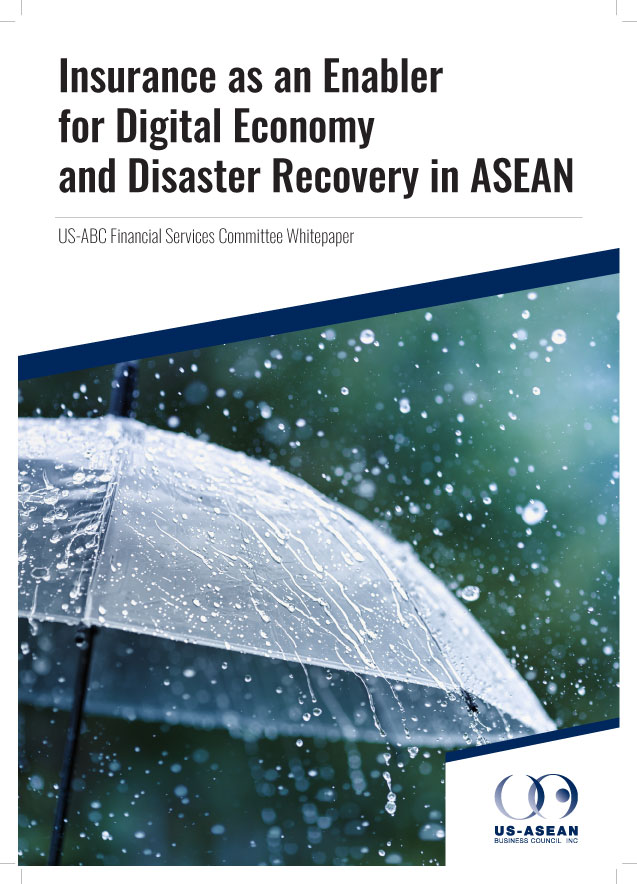World Bank Recommends Fiscal Reforms to Address Laos’ Economic Challenges

In a report published in November 2023, the World Bank indicated huge problems of Laos’ fiscal system including kip depreciation, high debt burden, poor revenue collection, limited financing options, and low foreign currency reserves.
On the official market, Lao kip depreciated by 30% against the Thai baht and 35% against the US dollar during January-October 2023, which led to continued consumer price inflation at around 26% in the year to November 2023. The depreciation was mainly due to a lack of foreign currency caused by the obligation to repay large external debts.
Public and publicly guaranteed debt (PPG) is at estimated at 112% of GDP at the end of 2022, one of the highest levels in the world, contributing to a rapid fall in the value of the kip since 2021. Significantly, over half of the debt is owed to China.
Laos’ national bank had adopted several measures to get inflation over control such as mandating exchange rates and enforcing the law on foreign currency management, but they failed. Recently, the country announced a new regulation on Dec 29, 2023, which demands all import-export companies to register with the government and to conduct all foreign transactions only through banks in Laos. The rule is expected to collect more foreign currencies for the system.
However, those measures do not address the root of the problem. Therefore, the World Bank suggested reforms in 05 critical policy areas: (i) cutting costly tax exemptions to raise public revenue, protect social spending; (ii) improving the governance of public private investment; (iii) restructuring public debt through ongoing negotiations; (iv) strengthening financial sector stability through legal and regulatory tools; and (v) enhancing the business environment via effective regulatory reforms.
Among those reforms, the most urgent one is improving revenue mobilization. The World Bank recommended 04 measures to achieve higher public revenue: (i) restoring the VAT rate to 10 percent; (ii) revising the Law on Investment Promotion to curb tax incentives and broaden the tax base; (iii) increasing tax rates, particularly on beverages, tobacco, and fuel, and (iv) strengthening tax administration, especially toward large taxpayers.







